Brought up in Castlebar, County Mayo, Sally Rooney studied English at Trinity College, Dublin. From the age of 19 she started debating competitively, and by 22 was the top student debater in Europe. Earlier this year her debut novel, Conversations With Friends, about the romantic entanglements of four people, was published to great acclaim. Rooney’s editor at Faber described her as “Salinger for the Snapchat generation”, while the New Yorker praised her “natural power [...] as a psychological portraitist”. Her writing has also appeared in the Dublin Review, the Stinging Fly and Granta. Her short story Mr Salary was shortlisted for the Sunday Times EFG short story award, and last week Rooney won the Sunday Times/PFD young writer of the year award.
1 | Music
Ella Wishes You a Swinging Christmas
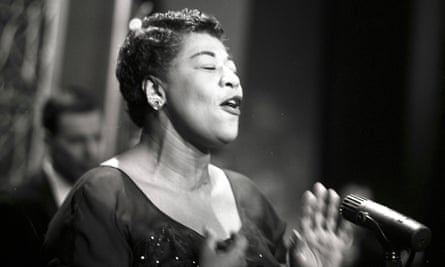
The window in which it’s acceptable to listen to Ella Fitzgerald’s 1960 record Ella Wishes You a Swinging Christmas is short, so I keep it in heavy rotation throughout the festive season. Opinions naturally vary on the topic of Christmas music, but who could object to Fitzgerald’s recording of What Are You Doing New Year’s Eve?, or even her gleeful Sleigh Ride? Originally comprising 12 tracks, the version of the album available on Spotify boasts six extra, including the single version of The Secret of Christmas, recorded with Russ Garcia and His Orchestra in 1959.
2 | Photography
The Giving Light by Gavin Corbett
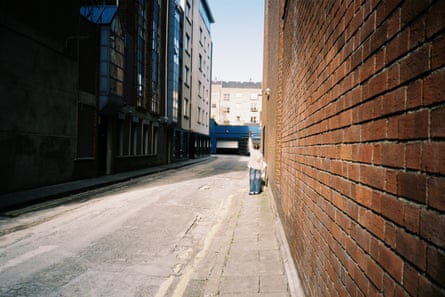
Gavin Corbett’s new book of photography, The Giving Light, is, of course, a beautiful object in itself, with its little metallic gold sun beaming out lovingly from the front cover. But Corbett, best known as a novelist, also brings a novelist’s eye to his photographs, which are somehow both entirely mundane and wholly remarkable. A stripe of sunlight lines a brick wall. A face glows silently through a bus window. Familiar things come to the surface of our attention in this volume, making us look again. The photographs are accompanied by enigmatic fragments of text: “Here is a person who has lived a full and responsible life in the world of decisions and affairs”. It’s a book worth spending time with.
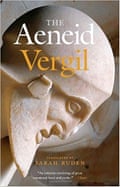
3 | Book
In anticipation of Emily Wilson’s much-discussed translation of Homer’s Odyssey – the first ever English version by a female translator – I’ve been rereading Sarah Ruden’s magnificent translation of Virgil’s The Aeneid. As a reader with next to no knowledge of classical mythology, I approached The Aeneid just as I would a contemporary poem or novel – and, despite my ignorance, I was rewarded with a rich and affecting portrait of, among other things, the memorably doomed love affair between Aeneas and Dido. In Ruden’s translation at least, it’s hard not to feel for Virgil’s remote mythic figures as breathing, living human beings too.
4 | Sport
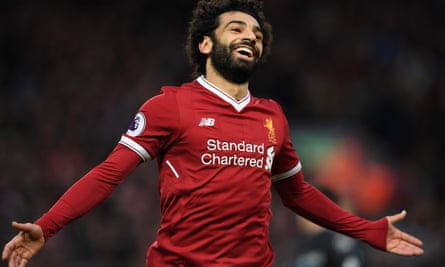
Though I have no real understanding of the mechanics of football, and can only nod along helplessly at complex post-match analyses, I do enjoy watching people who are enormously good at something doing that thing very well. And Liverpool’s Mohamed Salah – the Premier League’s top goal scorer at the time of writing – is truly, spectacularly good at playing football. The ingenuity of professional footballers always impresses me, not only because of their extreme technical skill, but because of the unimaginably rapid pace at which they have to make high-pressure decisions. For me, watching Mohamed Salah play football is not unlike staring up at the stars and contemplating the vastness of the universe: it makes my own life seem nice and small.
5 | Film
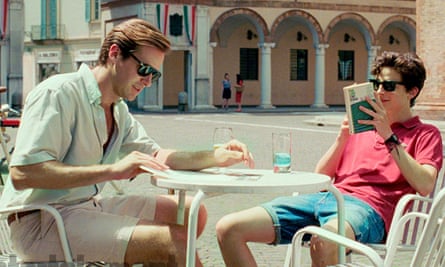
I saw Luca Guadagnino’s new film in the Light House Cinema here in Dublin a couple of weeks ago, and it’s been on my mind since. It struck me first and foremost as a film of rare, unusual beauty – its central love story takes place during a summer in Italy, in almost oppressively gorgeous surrounds – but it’s an interesting coming-of-age film too. Timothée Chalamet is wonderful as Elio, a bored and indulged 17-year-old suddenly discovering his own gigantic capacities for pleasure (and pain). The markedly languid pace of the narrative, and its loose structure, allow the intensity to gather slowly and steadily throughout. I’ve been thinking about the final moments of the film for weeks.
6 | TV
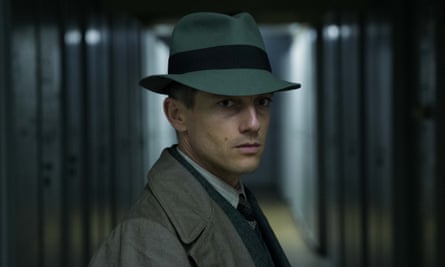
For me, no natural splendour or artistic triumph can rival the humble human face for joy and interest, and Volker Bruch, who plays the lead role in the new German drama Babylon Berlin, must have one of the most interesting faces on TV. The show runs to two seasons so far, and it’s worth watching just for Bruch’s performance as Gereon Rath, a police investigator who appears permanently on the verge of either spiritual epiphany or nervous collapse. Set in the heady 1920s and structured loosely around a vice investigation, it’s one of the most expensive non-English-language TV series ever made, with accordingly sumptuous production values – and some enjoyably silly twists and turns in the plot. But exquisite performances from Bruch and co-star Liv Lisa Fries make all the visual fireworks superfluous.
7 | Podcast
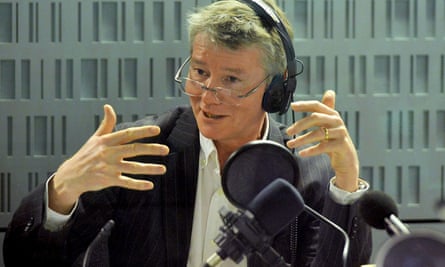
The BBC Radio 4 show Saturday Review is the calmest listening experience I can imagine. It consists solely of host Tom Sutcliffe and a rotating panel of guests discussing cultural goings-on. Often the conversations will focus on new art exhibitions or theatrical productions in the UK, none of which I can ever go and see because I don’t live there. Since I almost never have any opinion on the show’s content, and I have no reason whatsoever to take sides when the guests politely disagree, the podcast takes on a relaxing quality for me. I often listen to it while doing the washing-up.
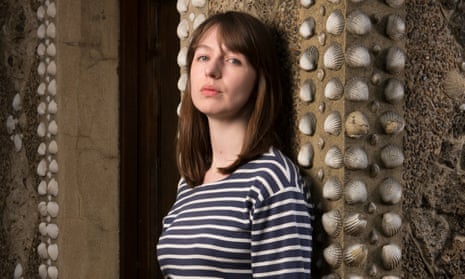
Comments (…)
Sign in or create your Guardian account to join the discussion